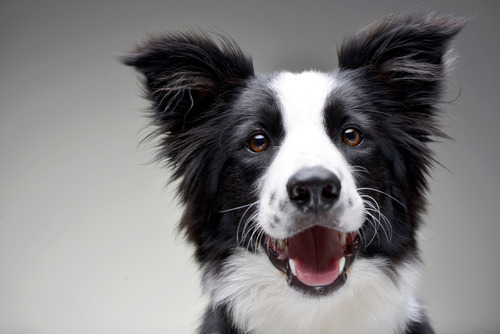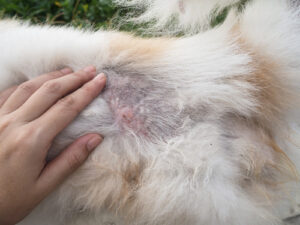Noticing your dog panting more than usual during the night can be concerning. While panting is a normal behavior for dogs as it helps them regulate their body temperature, excessive panting at night could signal that something is off. This blog aims to shed light on the various reasons behind why your dog might be panting excessively at night and emphasizes when it might be time to contact Arvada Veterinary Hospital for a professional evaluation.
Common Causes of Nighttime Panting in Dogs
Anxiety and Stress
Dogs can experience anxiety just like humans do, and it can lead to noticeable signs, including excessive panting, especially during the quieter night hours. Common triggers include separation anxiety, fear of loud noises (like thunderstorms), or changes in the home environment. Monitoring when the panting occurs can help pinpoint the cause of stress.
Overheating or High Room Temperature
Sometimes, the solution is as simple as adjusting your dog’s sleeping environment. If the room is too warm or poorly ventilated, your dog might pant to cool down. Ensuring their comfort by keeping the room at a moderate temperature might help alleviate this issue.
Health Issues
Excessive panting can also be a symptom of underlying health problems. Conditions such as heart disease, respiratory issues, or even pain can cause your dog to pant more than usual. If your dog’s panting seems sudden, severe, or is accompanied by other symptoms like lethargy, loss of appetite, or more, it is crucial to get them checked by a vet.
What You Can Do
Monitor and Document the Behavior
Keeping a log of your dog’s panting—when it starts, how long it lasts, and any other accompanying behaviors or potential triggers—can be incredibly useful when you visit your veterinarian.
Ensure a Comfortable Sleep Environment
Check that your dog’s sleeping area is comfortable, not too hot or cold, and away from any noisy or stressful stimuli. This simple step might reduce nighttime panting.
Consult Your Vet
If you’re concerned about your dog’s nighttime panting, or if it’s accompanied by other worrying signs, call Arvada Veterinary Hospital at (303) 424-4439 for advice or to schedule an appointment. Our team is here to ensure your dog’s health and comfort.
When to Seek Veterinary Help
- Persistent or Worsening Symptoms: If your dog continues to pant excessively despite your efforts to alleviate their stress or discomfort, it’s important to consult with a veterinarian.
- Accompanying Signs of Distress: Look for other symptoms such as coughing, wheezing, fatigue, or changes in behavior. These could indicate a more serious condition requiring prompt veterinary care.
- Changes in Daily Behavior: Changes like increased thirst, frequent urination, or weight loss can also be linked with excessive panting and should be evaluated by a professional.
Addressing Your Dog’s Panting
By understanding the various reasons why your dog might be panting excessively at night and taking appropriate action, you can help ensure your pet’s comfort and well-being. Remember, while some causes may be easily managed at home, others require professional attention. If you notice any distressing symptoms or if the panting persists, contact Arvada Veterinary Hospital. Our knowledgeable staff is committed to providing the care your pet needs for a healthy, happy life.





